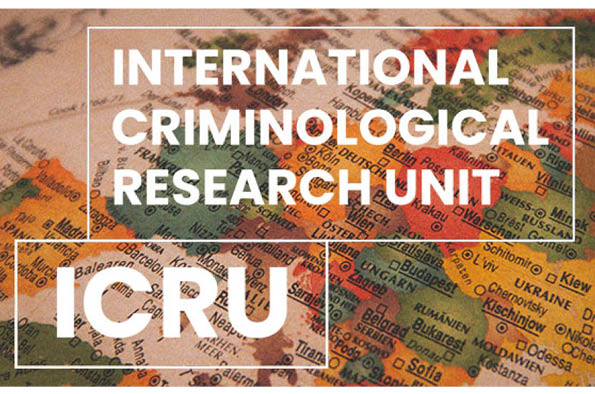
Reconnecting Genealogies of Criminal Justice and Tax Collection
Add this event to my calendar
Click on "Create a calendar file" and your browser will download a .ics file for this event.
Microsoft Outlook: Download the file, double-click it to open it in Outlook, then click on "Save & Close" to save it to your calendar. If that doesn't work go into Outlook, click on the File tab, then on Open & Export, then Open Calendar. Select your .ics file then click on "Save & Close".
Google Calendar: download the file, then go into your calendar. On the left where it says "Other calendars" click on the arrow icon and then click on Import calendar. Click on Browse and select the .ics file, then click on Import.
Apple Calendar: The file may open automatically with an option to save it to your calendar. If not, download the file, then you can either drag it to Calendar or import the file by going to File >Import > Import and choosing the .ics file.
In 2003, John Braithwaite (2003) argued that criminology’s general orientation towards ‘crimes of the streets’ can be challenged by better accounting for the crime control work historically undertaken by agencies tasked with regulating businesses. Twenty years on, both criminal justice history and historical criminology mostly remain concentrated on the historical origins and development of contemporary criminal justice institutions, especially prisons and public police (Churchill, 2014; Emsley, 2021). This paper responds to Braithwaite’s call by presenting preliminary findings of an ongoing archival study of the history of the British Excise. It explores how, as well as collecting taxes, the Excise policed markets in taxed commodities (especially alcohol), routinely using its extensive police powers against illicit distillation, adulteration of beer, and other tax or licensing offences. Importantly, by foregrounding the policing of tax and licensing offences, this paper shifts the criminological gaze away from the lower class offenders routinely processed by criminal justice agencies and towards a more diverse set of law-breakers, including middle class businessmen. By reconnecting histories of criminal justice and tax collection, it thus contributes to the creation of a future criminology that is geared more towards the ‘crimes of the suites’ and less towards the ‘crimes of the streets’.
Bio
Henry Yeomans is Professor of Criminology at the University of Leeds. He is a historical criminologist specializing in the study of drinking and alcohol regulation. He has conducted research on a variety of topics related to this theme including the historical development of various forms of alcohol regulation, such as licensing and pricing interventions, as well as the ongoing decline of alcohol consumption amongst young people. He is author of the 2014 book Alcohol and Moral Regulation as well as numerous journal articles and book chapters connected to alcohol in some way. Henry has also work extensively on the theory, definition and value of historical criminology, including by co-authoring the 2021 monograph Historical Criminology (with David Churchill and Iain Channing) and co-editing a recent special issue of the Howard Journal of Crime and Justice on ‘Path Dependence and Criminal Justice Reform (with Thomas Guiney and Ashley Rubin). He is currently writing up the findings from a project on illicit markets in alcohol in the ‘long nineteenth century’, which was funded by the Leverhulme Trust.
